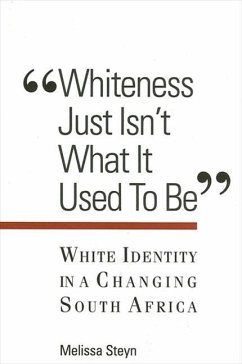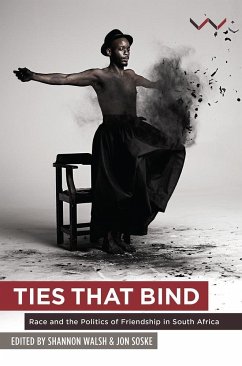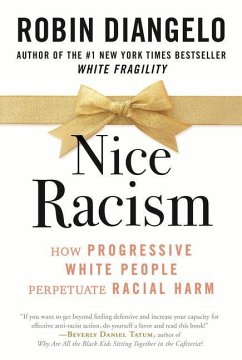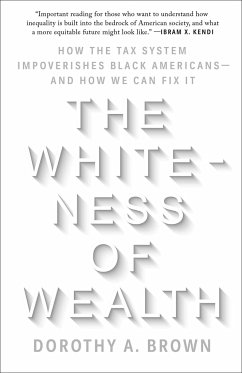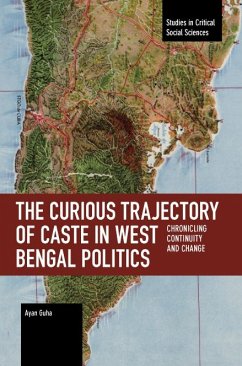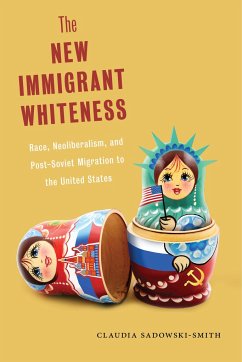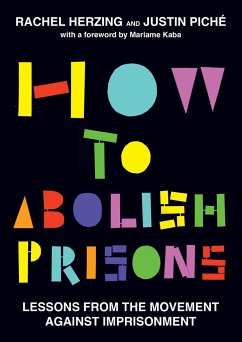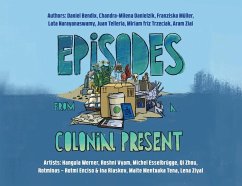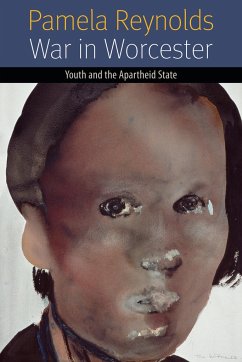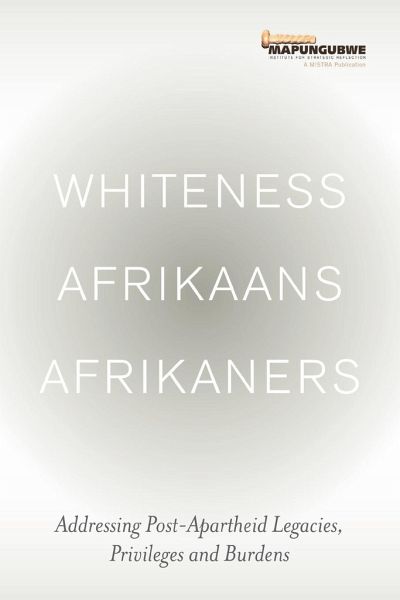
Whiteness Afrikaans Afrikaners
Addressing Post-Apartheid Legacies, Privileges and Burdens
Versandkostenfrei!
Versandfertig in über 4 Wochen
42,99 €
inkl. MwSt.

PAYBACK Punkte
21 °P sammeln!
"Do the erstwhile colonial settlers - who, unlike in most other parts of the postcolonial world, have decided in large numbers to make the country their permanent home - deserve equal recognition as members of the emergent nation?" South Africa has been reeling under the recent blows of an apparent resurgence of crude public manifestations of racism and a hardening of attitudes on both sides of the racial divide. To probe this topic as it relates to white South Africans, Afrikaans and Afrikaners, MISTRA, in partnership with the Friedrich Ebert Stiftung (FES) and the National Institute for the ...
"Do the erstwhile colonial settlers - who, unlike in most other parts of the postcolonial world, have decided in large numbers to make the country their permanent home - deserve equal recognition as members of the emergent nation?" South Africa has been reeling under the recent blows of an apparent resurgence of crude public manifestations of racism and a hardening of attitudes on both sides of the racial divide. To probe this topic as it relates to white South Africans, Afrikaans and Afrikaners, MISTRA, in partnership with the Friedrich Ebert Stiftung (FES) and the National Institute for the Humanities and Social Sciences (NIHSS), convened a round-table discussion. The discourse was rigorous. This volume comprises the varied and thought-provoking presentations from that event, including a keynote address by former president Kgalema Motlanthe, inputs from Melissa Steyn, Andries Nel, Mary Burton, Christi van der Westhuizen, Lynette Steenveld, Bobby Godsell, Dirk Hermann (of Solidarity), Ernst Roets (of Afriforum), Xhanti Payi, Mathatha Tsedu, Pieter Duvenage, Hein Willemse and Nico Koopman, and closing remarks by Achille Mbembe and Mathews Phosa. It deals with a range of issues around "whiteness" in general and delves into the place of Afrikaners and the Afrikaans language in democratic South Africa, demonstrating that there is no homogeneity of views on these topics among white South Africans overall and Afrikaners in particular. In fact, in these pages, one finds a multifaceted effort to scrub energetically at the boundaries that apartheid imposed on all South Africans in different ways.



